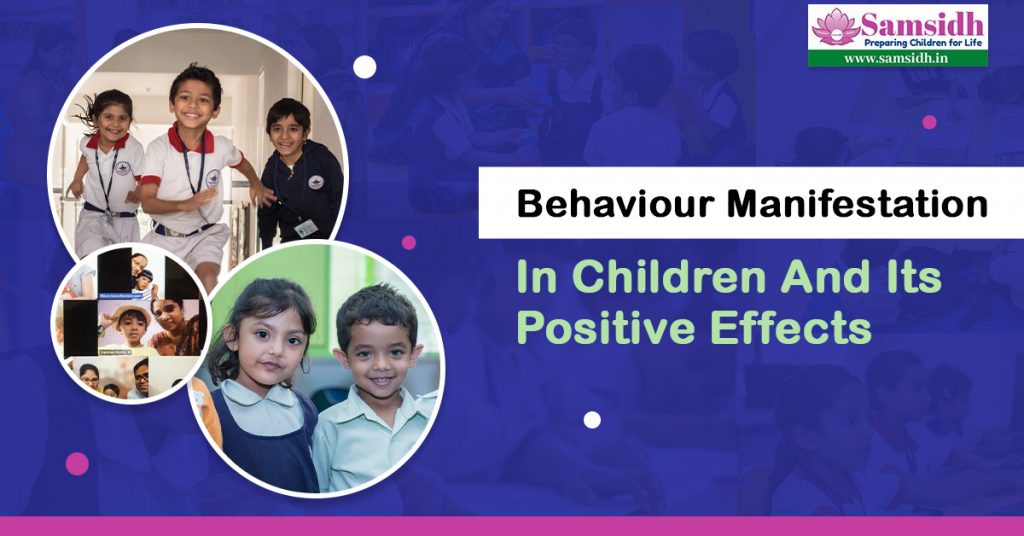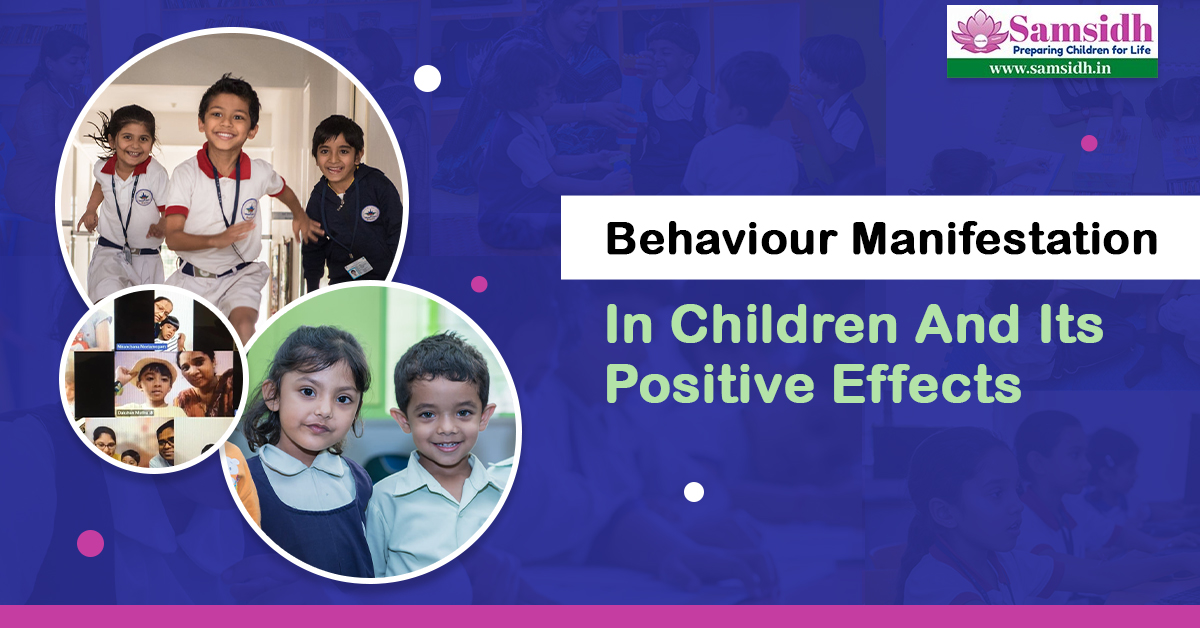
The child-parent relationship impacts most parts of child development. When ideal, parenting abilities and practices positively affect children’s confidence, school accomplishment, subjective turn of events, and conduct.
Parenting has a significant effect on childrens’ growing socially proper and able conduct. Various researches have archived a relationship between parenting factors, including practices, i.e., supportiveness, hostility, and emotional style and expressivity, which has a positive and negative effect; on later children’s social change and result.
For instance, elevated parental NA, (Repetti, Taylor, & Seeman, 2002), hostility, and rejection have been connected with poorer socioemotional results in children and youths simultaneously and longitudinally. Such results incorporate higher paces of withdrawn behavior, hatred, peer avoidance, absence of prosocial practices (e.g., trouble sharing to peers), and lack of general social skill.
Positive parenting refers to warm, nurturing, and responsive parenting, the sort of parenting that fortifies great conduct and abstains from using conflicting or cruel control.
Positive parenting is related to numerous great results. Specifically, it has been connected to “higher school grades, less behavior issues, less substance use, better psychological wellness, more social capability, and more positive self-concepts.
Several kinds of research show that the relationship between positive parenting and child social working propose that more significant levels of parental energy during the preschool years predicts less Child behaviour issues, more social skills, and increase positive social results upon school entry and into adolescence, in any event, while controlling for early adjustment.
Child individual distinction factors, for example, personality, may also assume a job in the improvement of a child’s socially suitable behaviour. Temperament refers to early developing organically affected individuals compared to reactivity and moderately stable guidelines after some time. Various researches have shown connections between child disposition and later social working.
For instance, children with significant levels of NA/irritability are at more serious risk for showing later externalizing behavior issues, while children with elevated levels of fearfulness/inhibition and low surgency are bound to display subsequent internalizing symptoms, the two of which are related to later trouble in social functioning.
Being Available
If parents are consistently inaccessible, children can get bothered and feel hurt, rejected, or disregarded. As a result, they may have more emotional outbursts and feel alone. They may even quit attempting to vie for their parent’s consideration and begin to lose enthusiastic associations with their folks.
As children become better at dealing with their emotions and behavior, it’s imperative to assist them with creating adapting aptitudes, similar to dynamic critical thinking. Such aptitudes can assist them with feeling certain about dealing with what comes their way.
When parents connect emphatically with their kids, showing them the practices and abilities they have to adapt to the world, kids figure out how to adhere to rules and control their emotions.
Meeting needs
Consider where a kid is throughout everyday life and what abilities they have to learn around then. Maybe they need assistance managing emotions, figuring out how to act in a specific circumstance, thoroughly considering another undertaking, or identifying with friends. By being a touchy and responsive parent, you can help set your children on a positive way, show them self control, lessen the probability of troublesome behaviors, and construct a warm, caring parent-child relationship.
Building bonds
Strong emotional bonds assist children with figuring out how to deal with their own emotions and practices and create fearlessness. In addition, they help make a safe base from which they can investigate, learn, and identify with others.
Experts call this kind of strong bond between parents and children a secure connection. Securely connected children are bound to have the option to adapt to difficulties like family instability, parental stress, and depression.
Give the best parenting to your child and ensure their strong mental, emotional and physical development since childhood. Let’s make your children Children And Its Positive Effects.

